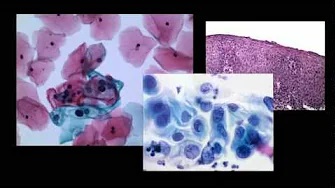Document Type
Article
Publication Date
1-1-2021
Abstract
Hereditary deficiencies of protein S (PS) increase the risk of thrombosis. However, assessing the plasma levels of PS is complicated by its manifold physiological interactions, while the large inter-individual variability makes it problematic to establish reliable cut-off values. PS has multiple physiological functions, with only two appearing to have significant anticoagulant properties: the activated protein C (APC) and tissue factor pathway inhibitor alpha (TFPIα) cofactor activities. Current clinical laboratory investigations for deficiency in PS function rely only on the APC-dependent activity. This communication presents an argument for reclassifying the qualitative PS deficiencies to differentiate the two major anticoagulant functions of PS. Reliable assays are necessary for accurate evaluation of PS function when making a specific diagnosis of PS deficiency based on the anticoagulant phenotype alone. This report emphasizes the pleiotropic anticoagulant functions of PS and presents evidence-based recommendations for their implementation in the clinical laboratory.
Recommended Citation
Brinkman HJM, Ahnström J, Castoldi E, Dahlbäck B, Marlar RA. Pleiotropic anticoagulant functions of protein S, consequences for the clinical laboratory. Communication from the SSC of the ISTH. J Thromb Haemost. 2021 Jan;19(1):281-286. doi: 10.1111/jth.15108. PMID: 33405384.

